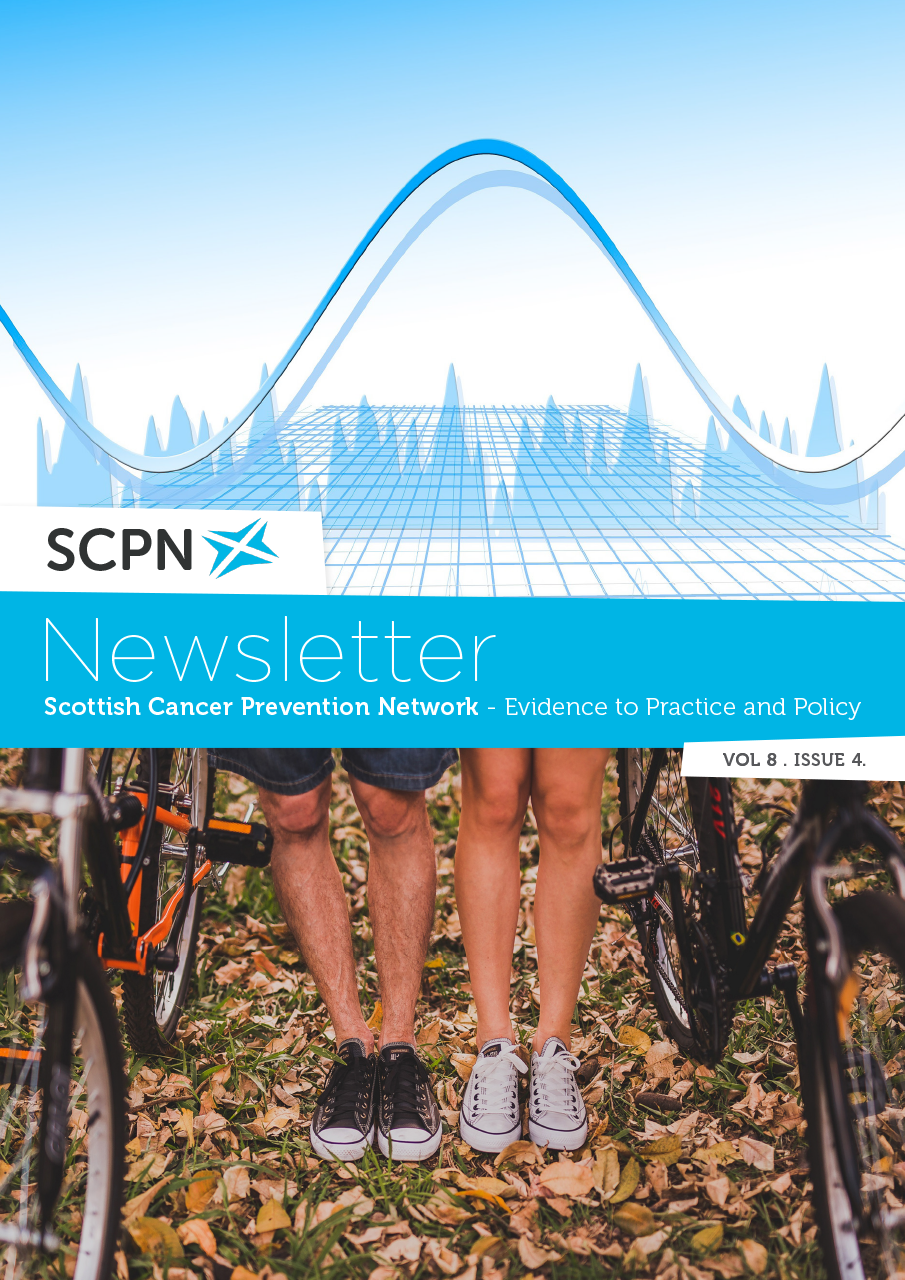
Talking about alcohol…

18 Oct 17 |
Alcohol consumption is associated with increased risk of seven cancers and current estimates suggest that 21,000 cases of cancer could be saved per year in the UK if everyone stopped drinking.
But there is lots to suggest that talking about alcohol (especially with women) is one of the hardest subjects to raise and often leads to discussion and debate around concepts of “guilty pleasure” or “healthy measure?”. In a recent survey, only one in two people were aware of the links between alcohol and cancer and without prompting, only 13% identified cancer as a possible health outcome.
In part, many people still like to think of alcohol as “healthy”, good to protect against heart disease, something expected routinely in all social occasions and a reward for a hard day’s work.
Maybe these findings are in part fuelled by what the industry says about alcohol and cancer. A recent review of 26 alcohol industry websites reported a number of strategies that misrepresent the evidence about alcohol and cancer including:
- Denying, omitting or disputing the evidence that alcohol consumption increases cancer risk.
- Denying, omitting or disputing the evidence that alcohol consumption increases cancer risk.
- Distorting the evidence by mentioning cancer but misrepresenting the link, such as implying risk is present only with higher levels of drinking.
- Distracting or diverting discussion away from the independent effects of alcohol on common cancers, such as mentioning alcohol is one of many causes. Breast and bowel cancer appeared to be particular targets for this type of misrepresentation.
We may have warning labels for pregnant women but what about women and breast cancer – where risk starts to increase at >10g per day (one glass of wine). Uncomfortable though it may be we need to find a way to talk positively about bringing drinking down – especially in the baby boomer generation (those now in their 50s and 60s) who are drinking more than ever.
Interestingly, the latest SIGN guidelines on prevention of cardiovascular disease flag that
patients with or without evidence of cardiovascular disease should be advised to reduce alcohol consumption and that even light to moderate alcohol consumption may increase cardiovascular risk. The guidelines also highlight the merits of keeping below 14 units per week (“if you drink as much as 14 units“).
We need to talk more!

The SCPN Newsletter: Volume 8, Issue 4
The last issue of 2017 packed full of the evidence and examples of good practice underpinning cancer prevention in Scotland. In this issue: Moving More: A workplace challenge, Yorkshire Bike Libraries, ActWELL Study - Full steam ahead, Reflections on 'gender neutral' HPV immunisation, Ongoing Scottish Research and more.